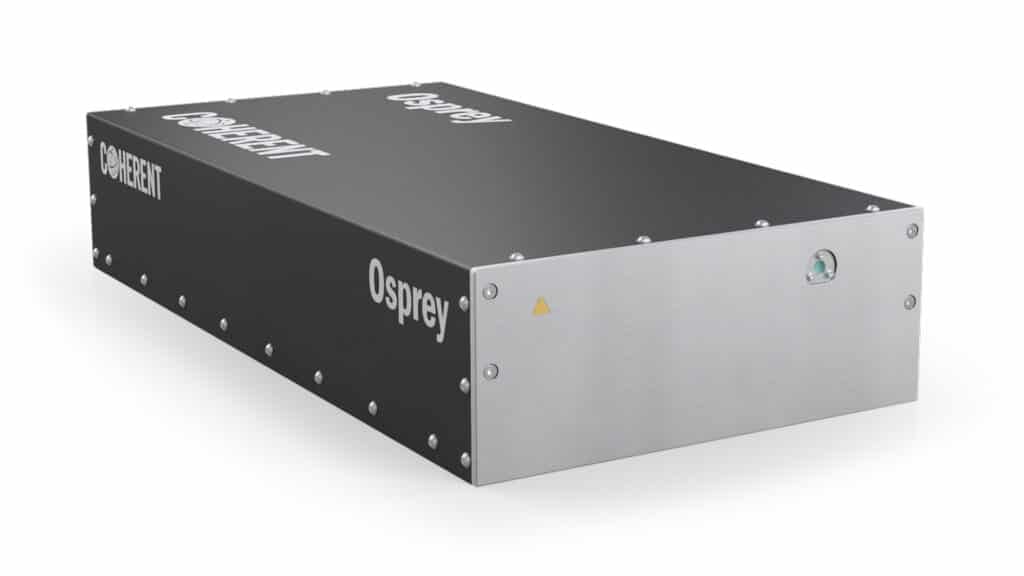The News: Epicor unveiled its new Epicor Grow portfolio, an integrated set of artificial intelligence (AI) and business intelligence (BI) capabilities that are powered by an underlying data platform, at its annual Epicor Insights user conference. The new Epicor Grow Portfolio is focused on helping companies within what it calls the make, move, and sell industries transform their enterprise resource planning (ERP) system from a system of record to a system of action, by leveraging generative AI, machine learning, natural language processing, and predictive analytics, to deliver more than 200 highly specific industry use cases that are designed to help drive worker efficiency, productivity, and value.
You can read the press releases announcing the news at Epicor’s website.
Epicor Announces Grow Portfolio at Epicor Insights 2024
Analyst Take: Epicor, an ERP vendor focused on organizations within the make, move, and sell industries, announced a new portfolio of AI and BI tools called Epicor Grow at its annual Epicor Insights user conference. The new portfolio is designed to leverage AI, including generative AI, machine learning, natural language processing, and predictive analytics, to streamline processes and make workers more efficient and productive by deploying AI within the flow of industry work.
The Epicor Grow portfolio is underpinned by a data platform that incorporates deep industry expertise and data, enabling the ERP to function right out of the box, with very little customization required for basic industry workflows and tasks. This is a core differentiator for Epicor, which often finds itself pitted against more horizontal-focused ERP software. In speaking with Epicor executives and product managers at Epicor Insights last week, they each noted two key elements that are contributing to the company’s success.
First, the company is truly vertically focused on manufacturing and distribution but takes pains to sit with and develop their applications with customers at a granular level. Essentially, Epicor doesn’t just have expertise in manufacturing, per se, but in manufacturing very specific products using very specific processes. This tight focus has enabled them to develop an ERP, workflow data, and automation that are tailor-made for these specific industries, which translates into faster time to value for their customers.
Second, the company encourages direct customer feedback, and even utilizes a voting system to enable user councils to choose which feature sets or enhancements are incorporated within the next version of the product. This indicates to customers that Epicor truly cares about them and the value obtained from the product. As Epicor continues to grow and focus on larger enterprise customers, the challenge is to ensure that this high-touch approach to incorporating customer feedback continues at scale.
The Epicor Grow portfolio promises to transcend the traditional one-size-fits-all approach to ERP by enabling workers to harness the power of AI to think and learn more effectively. This set of tools supports decision-making processes, reduces operational complexity, and fosters higher levels of efficiency, innovation, and competitiveness across supply chains.
Leveraging AI through Epicor Prism, Grow, and Function-Specific Applications
The Epicor Grow suite also includes several core elements designed to enhance various aspects of supply chain management. One key is Epicor Prism, a generative AI service integrated within the Epicor Industry ERP Cloud, which is designed to offer workers contextual insights and the ability to automate tasks, including as a code assistant for automating business processes or as a conversation assistant that lets workers access and interact with production and purchasing data.
Epicor Prism, according to executives, will deliver benefits to users because the algorithms are pointed at, or grounded to, the massive amount of individual company data and specific process data that has been collected by Epicor. This enables the generative AI to return accurate responses to queries, helping to build trust in AI and the data it returns. Epicor is still working through its pricing model and structure but is likely to deploy some type of tiered consumption model to demonstrate the value of generative AI, while also covering the cost of providing the service to its customers.
Another significant component of the Grow Suite is Epicor Grow AI, which leverages AI tools designed to solve industry-specific problems efficiently, including the generation of multiple forecasts related to inventory and sales, the creation of sales orders from natural language emails, and the personalization of product suggestions based on order history. These features work by marrying the specific customer and process data held within the ERP with automation, AI, and other process-optimization steps designed to speed up work and let employees focus on higher-value tasks.
Taking a Measured, Yet Forward-Thinking Approach to AI
One of the key takeaways I had from the Epicor Insights event this year is that Epicor appears to be taking a measured approach to deploying AI, which I believe will benefit its customers. In addition to rolling out relatively simple generative AI use cases (such as content generation for marketing or sales emails), the company is continuing to lean on more “traditional” AI, such as machine learning, predictive analytics, and natural language processing, to handle many of the tasks around automation and decision-making.
This focus on solving the everyday challenges faced by workers, rather than overloading on generative AI technology that may not necessarily provide a strong ROI now, is commendable and is keeping with the company’s ethos to make it a priority to solve their customer-specific problems and challenges.
That said, I expect that in the coming months, we’ll see additional details around Epicor Prism and its capabilities, and because the AI models (which likely will eventually include a range of LLMs and SLMs) are grounded to company data, the risks around hallucination are reduced. Of course, organizations need to work closely with Epicor to ensure that proper guardrails are implemented for both the models themselves and users to prevent abuse and inadvertent results. However, Epicor appears to be taking the right approach to rolling out generative AI.
Disclosure: The Futurum Group is a research and advisory firm that engages or has engaged in research, analysis, and advisory services with many technology companies, including those mentioned in this article. The author does not hold any equity positions with any company mentioned in this article.
Analysis and opinions expressed herein are specific to the analyst individually and data and other information that might have been provided for validation, not those of The Futurum Group as a whole.
Other Insights from The Futurum Group:
Market Insight Report: Breaking Down Generic versus Specialized ERP Software
Enterprising Insights: Episode 13 – Field Service Applications
Enterprising Insights: Episode 8 – Predictions for 2024 in the Enterprise Software Market
Author Information
Keith Kirkpatrick is Research Director, Enterprise Software & Digital Workflows for The Futurum Group. Keith has over 25 years of experience in research, marketing, and consulting-based fields.
He has authored in-depth reports and market forecast studies covering artificial intelligence, biometrics, data analytics, robotics, high performance computing, and quantum computing, with a specific focus on the use of these technologies within large enterprise organizations and SMBs. He has also established strong working relationships with the international technology vendor community and is a frequent speaker at industry conferences and events.
In his career as a financial and technology journalist he has written for national and trade publications, including BusinessWeek, CNBC.com, Investment Dealers’ Digest, The Red Herring, The Communications of the ACM, and Mobile Computing & Communications, among others.
He is a member of the Association of Independent Information Professionals (AIIP).
Keith holds dual Bachelor of Arts degrees in Magazine Journalism and Sociology from Syracuse University.





